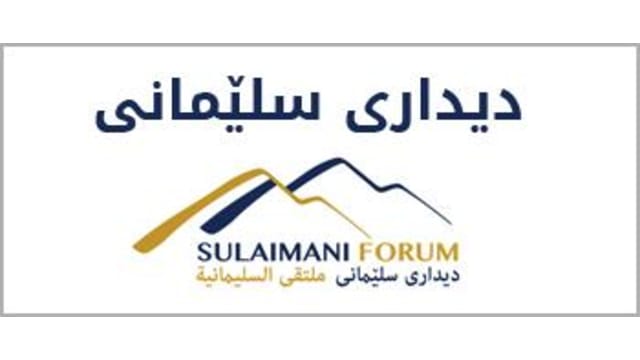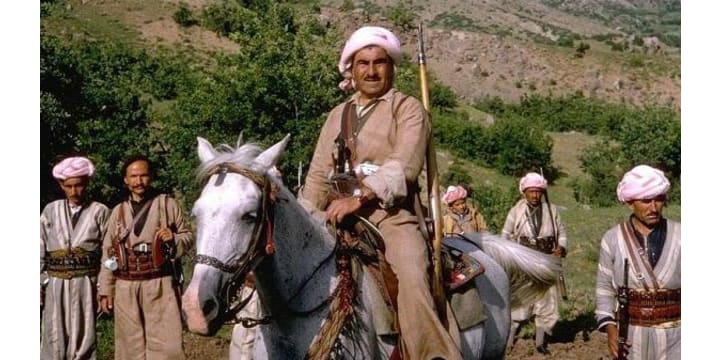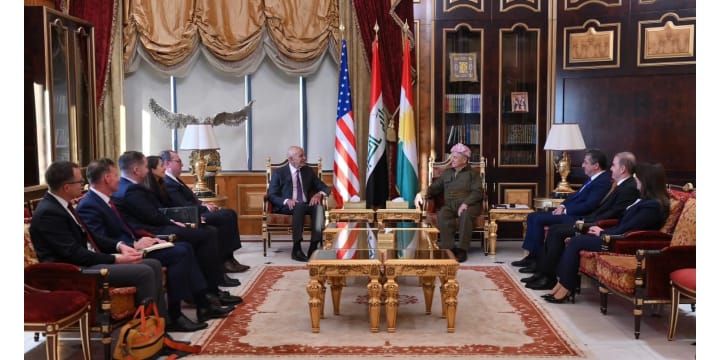
Kurdish and Iraqi politicians gather for third annual AUIS forum
Leading politicians and analysts gathered in the Kurdish city of Sulimanya as part of a two-day conference to discuss focal topics in the Kurdistan Region and Iraq.
The third Sulimanya Forum, which came to a close on Thursday at the American University of Iraq in Sulimanya (AUIS), hosted senior Iraqi officials, including Iraq’s Finance Minister Hoshyar Zebari and Foreign Minister Ibrahim al-Jaafari, who spoke alongside their Kurdish counterparts about the urgent need for unity in Iraq to confront Islamic State (IS) on both a military front and on a societal level.
“We should form one front against one enemy,” Jaafari said about the fight against IS, stressing the need for cross-sect harmony in Iraq.
High-ranking officials, among them the speaker of Iraq’s parliament Salim al-Jabouri and his Kurdish counterpart, Yousif Muhammed Sadiq, took a similar line and expressed unwavering confidence that IS would be defeated militarily. They pointed to the recent operation to reclaim Tikrit, where Shiite militias and the Iraqi army appear to have gained significant ground against IS, as evidence of an imminent battlefield victory.
A Kurdistan Democratic Party delegation from its foreign relations office led by Hemin Hawrami were in participation at this event where he had taken part in live seminars with panel guests and members of the audience.
Kurdistan Democratic Party's Head of Foreign Relations Office Hemin Hawrami adduced disapproval of Ibrahim al-Jaafari during the two-day AUIS forum in Sulaimani that he didn't acknowledge or pay tribute to the sacrifices made by Kurds and Peshmerga's courage as the only force with boots on the ground fighting Islamic State militants.
Mr Hawrami made the comments after Mr al-Jaafari, Iraq's foreign minister, delivered a speech during the conference as Iraqi forces along with Shiite militia have only just began to reclaim key towns and cities such as Tikrit, but didn't reflect on the Peshmerga that has been battling against terrorists since last summer, when Iraq's army abandoned their posts that resulted in IS militants securing heavy weaponry.
Since Peshmerga has been on the ground, they have scored numerous achievements in successfully recapturing large terrains and liberating cities
When talk of political unity and the need to remedy Iraq’s divisions came to an end, ingrained divisions were revealed when the discussion moved onto oil. Representatives from the Kurdistan Regional Government (KRG) and Baghdad quarrelled over the implementation of an oil agreement between the two parties, which stipulated that the KRG should deliver 550,000 barrels per day (bpd) for export with revenues collected by the central Iraqi government.
“There were two stages: first, building trust in terms of oil production and, second was the budget agreement which we have done with the KRG,” Iraqi Oil Minister, Adil Abdul Mahdi said. “But we have some problems in the implementation and interpretation of the agreement. In addition the core problem is the absence of an oil and hydrocarbon law.”
“There is still no real unity between Baghdad and Erbil (in Kurdistan), we need to rebuild it.”
Kurdish Minister of Natural Resources, Ashti Hawrami, said the KRG had “not quite” met the 550,000 bpd agreement due to “purely technical” reasons, adding that they had delivered 97 percent of the oil required under the agreement with Baghdad.
Iraqi Finance Minister Hoshyar Zebari later said, in a panel on which he advocated economic diversification to solve Iraq’s financial crisis, that the oil deal between the KRG and Baghdad was “holding” and that “both sides are committed to it, both sides want it.”

